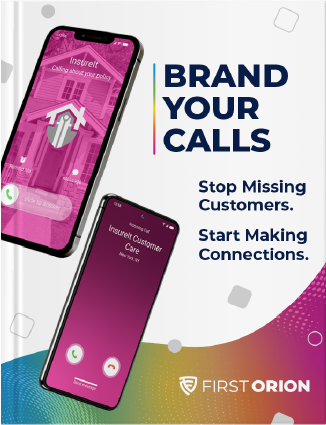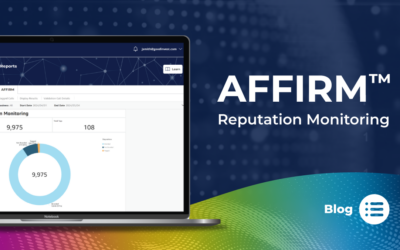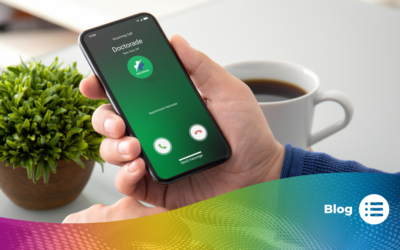Every year, charities ramp up for one of their biggest giving days of the year – Giving Tuesday. It was created in 2012 as a way for people to do good during the holidays and has grown into a multi-million dollar global movement. But not everyone has good intentions – scammers are taking advantage of people’s generosity to line their own pockets.
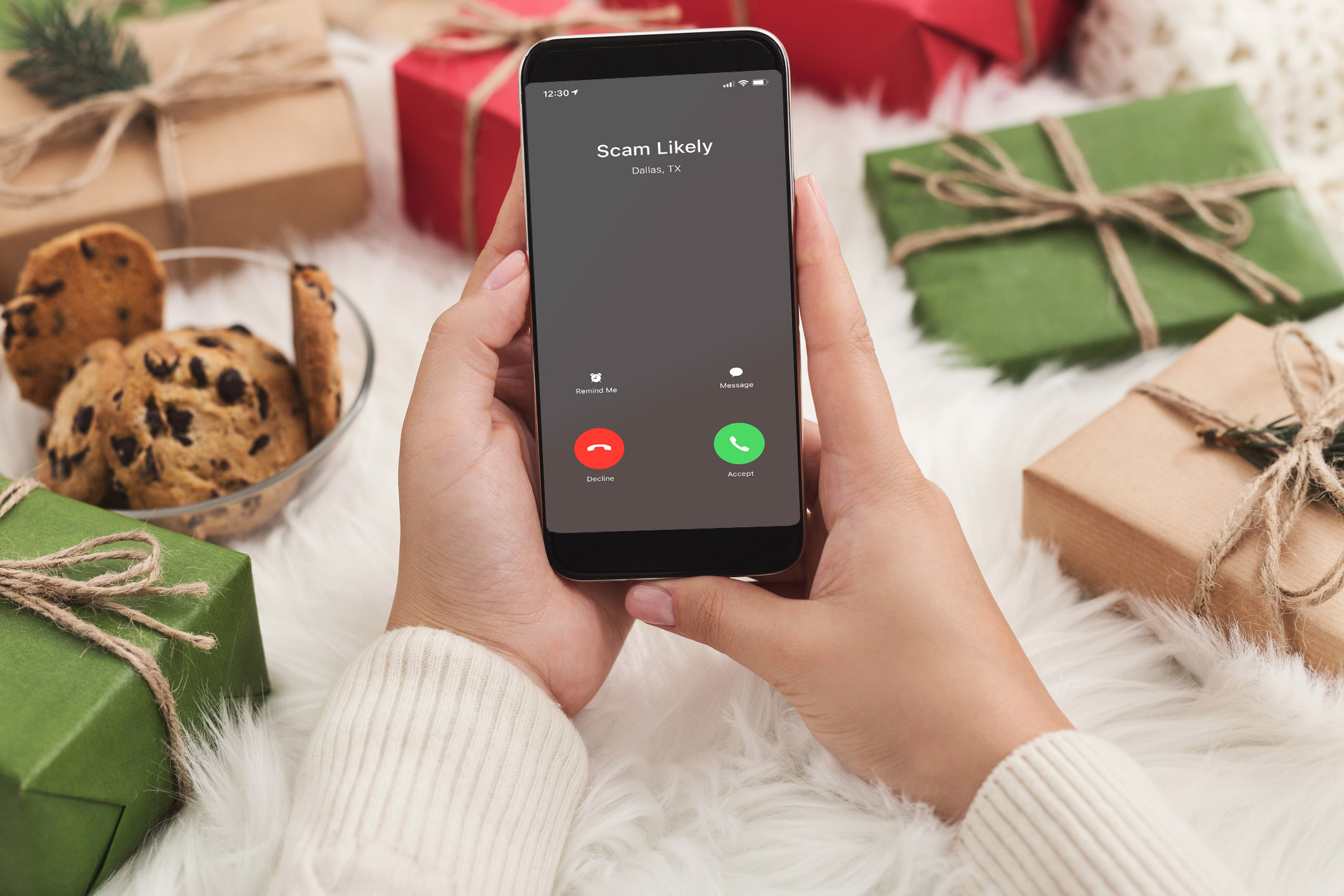
We recently surveyed consumers in the US and discovered something disturbing – over 15% of people we talked to had received a personalized scam call from someone pretending to be a business or charity. Carriers like T-Mobile are cracking down on scam calls by labeling them “Scam Likely,” so scammers can no longer rely on their method of calling lots of numbers and hoping one will answer. Instead, they’re focusing their efforts on a “quality over quantity” method we call Enterprise Spoofing.
With Enterprise Spoofing, scammers use stolen information to appear more legitimate. Ever had your data leaked during a data breach? That information could have been sold to someone who will use it against you. In fact, we found that 15% of people have received a personalized scam call this year – and 75% of those people experienced some sort of financial loss.
Here’s how it works. A scammer will use spoofing technology to make their number look like an existing charity. You answer, thinking you’re talking to someone who wants you to donate. They pose as this charity, using stolen information about you to seem more legitimate. For instance, they may ask if you still live on Cherry Street (stolen from a store data breach!) or verify your last four of your social (snagged from a financial data breach). Once they’ve “proven” they’re legit, they’ll either use that to leverage more sensitive information from you or try to get you to send money their way.
This trend hurts both consumers and charities, so just a little vigilance can go a long way if you suspect you’re being scammed. This Giving Tuesday, keep these tips in mind:
- Even if you google the number and it seems right, numbers can be spoofed. If your gut is telling you something is wrong, your best bet is to ask for the caller’s name and say you’ll call back on the official number. If they protest too much, it’s because they know you won’t be reconnected to their scam.
- Donate directly to your favorite charities online – make sure you have a secure connection (https://) and you’re on the official website.
- If a charity is asking for donations in iTunes or Visa gift cards, the only charity they’re helping is themselves. Most charities can’t do anything with those grocery store gift cards that are a favorite payment among scammers!
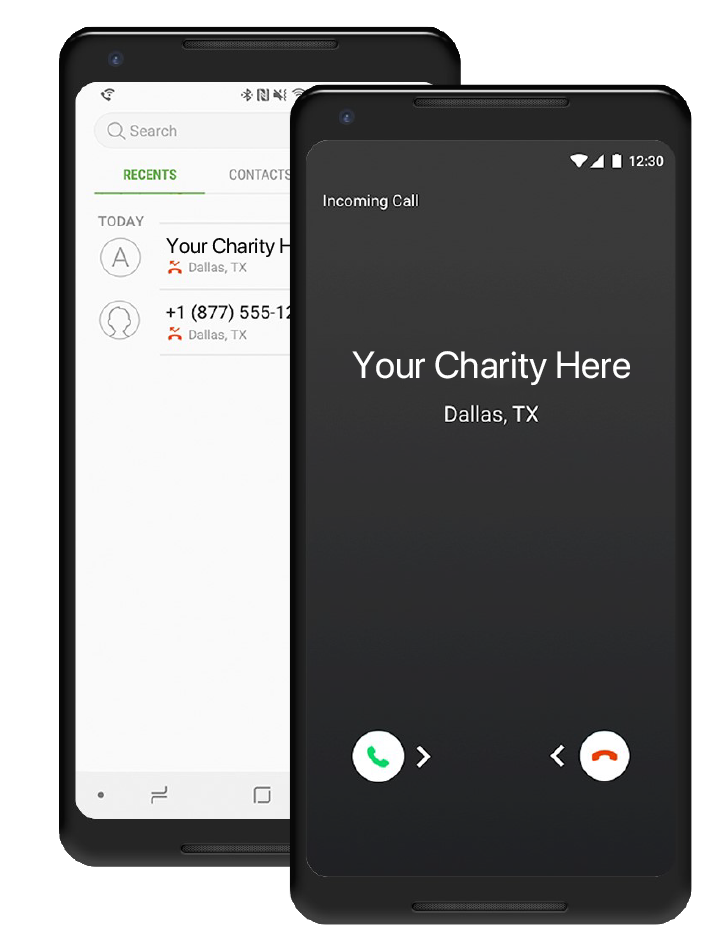
So what if you’re a business or charity that relies on calling to reach consumers? It can be frustrating to lose connections because customers are afraid to answer the phone. That’s where Engage and Inform calling comes in. With our Call Enhancement Suite, you can show your customers exactly who’s calling, making it easier than ever to connect with your target audience. As scammers evolve with tactics like Enterprise Spoofing, Engage and Inform can keep your business one step ahead of the scam. For more information or a personalized demo, drop us a line here.
